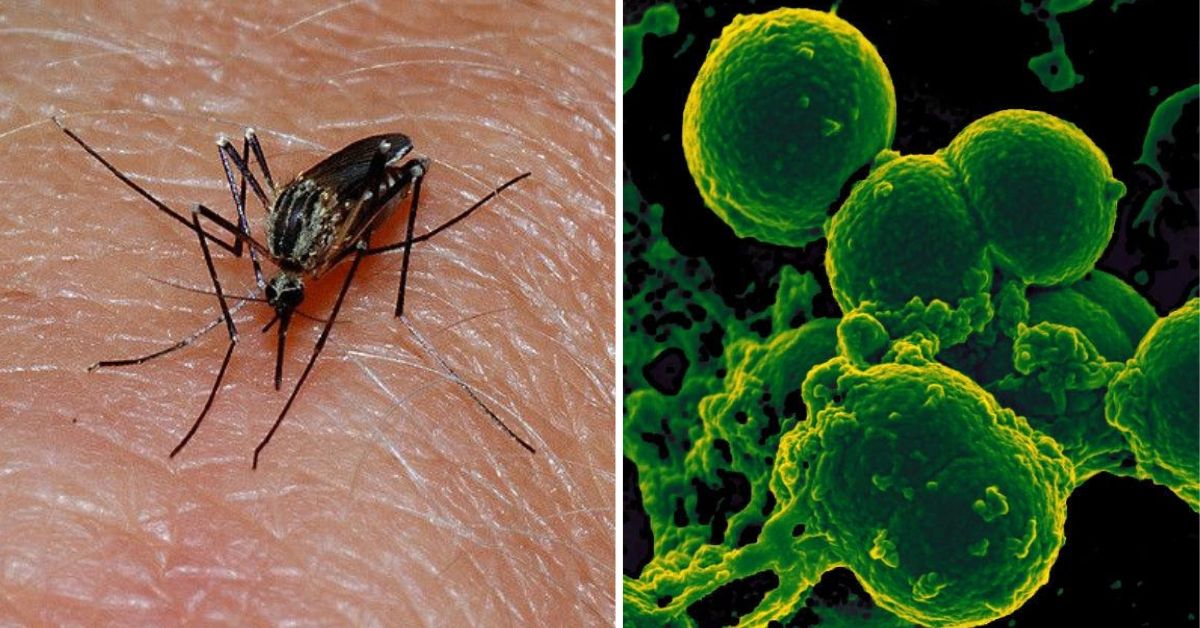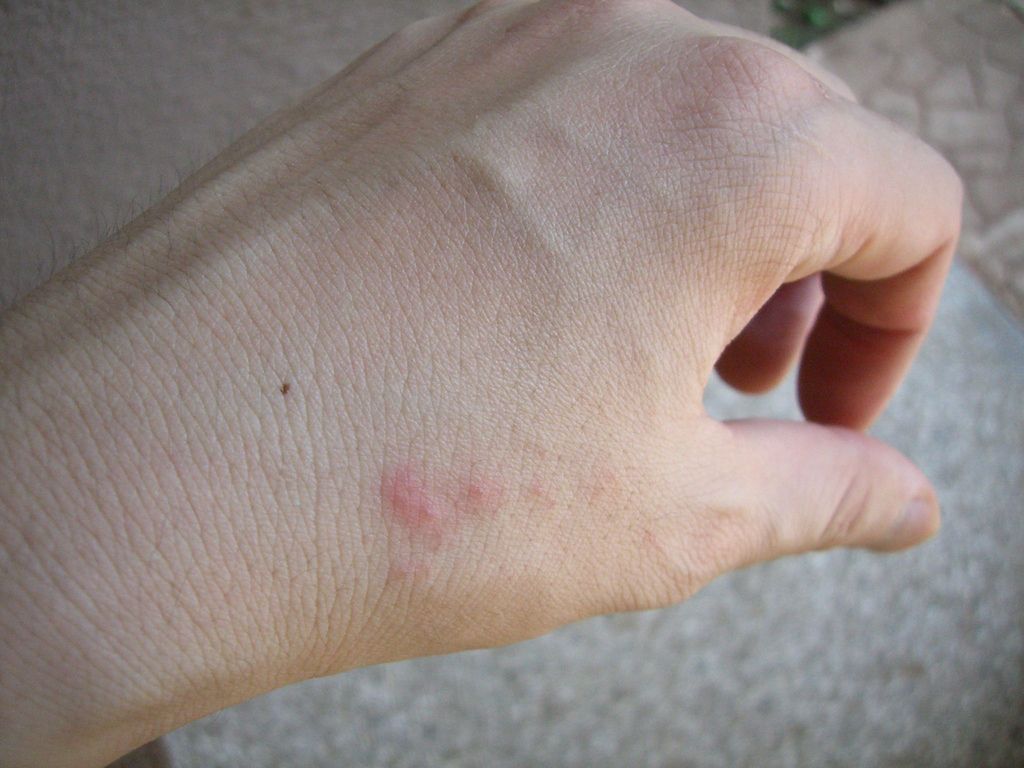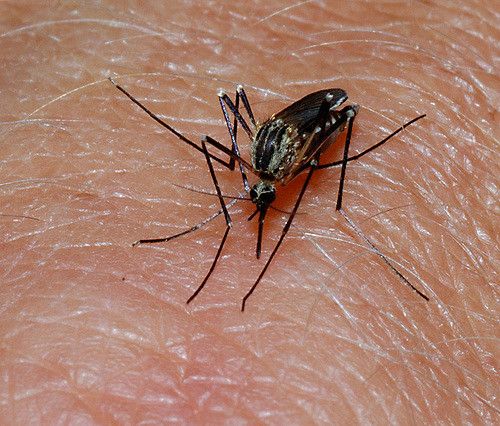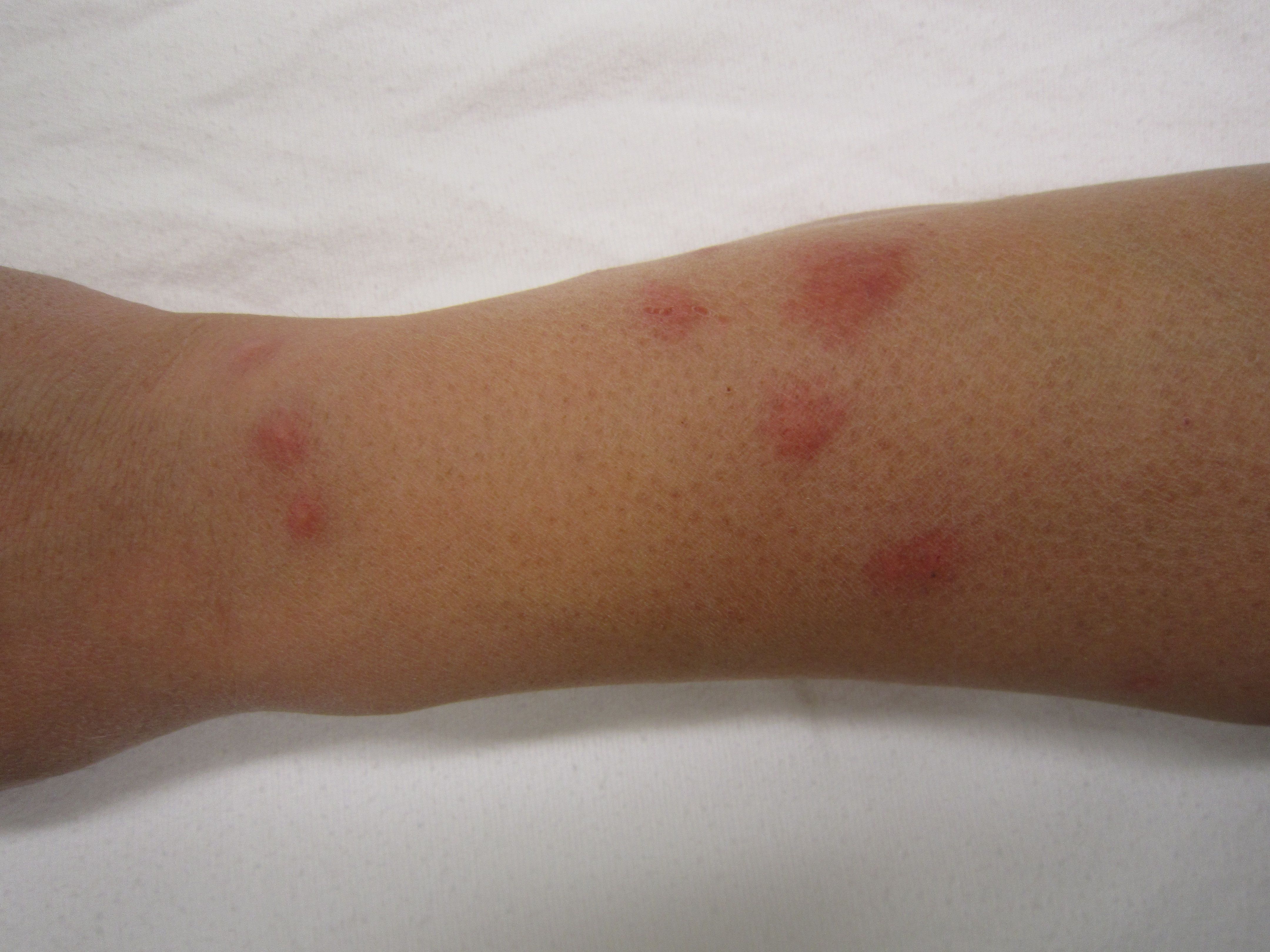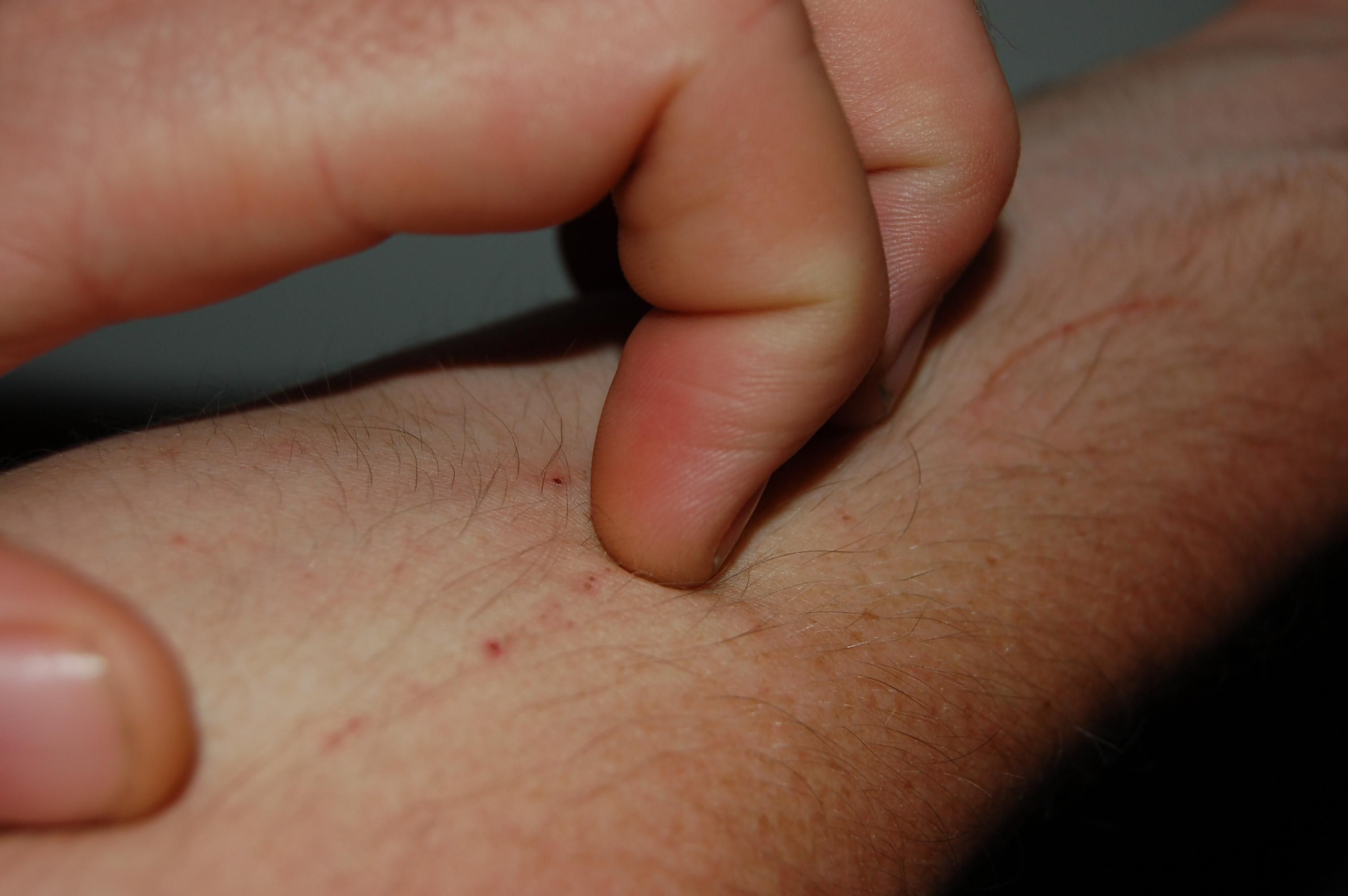You can run, cover up or douse yourself in repellent, but mosquitoes and other pesky insects will still follow you around.
This is mostly because even when you're protected, you are still emitting carbon dioxide, which bugs find attractive.
Usually the bug bites we get are itchy and uncomfortable, but they're harmless and will disappear within a few days, maybe sooner if treated. However, in some rare instances, a seemingly innocent bite can turn into a life-threatening condition.
For one 21-year-old, a bite on his right knee almost cost him his leg after the bump got infected with a flesh-eating bacteria.
Three days after the bite, the young man started experiencing abnormal pain and swelling, and had trouble walking. As his condition became unbearable, he visited the emergency room.
"I was really surprised to see that this otherwise young and healthy guy could barely walk," said Dr. Jacqueline Paulis, an emergency-medicine physician at New York University School of Medicine.
Paulis, who published a report on the man's rare case in the November issue of the American Journal of Emergency Medicine, ordered an x-ray and discovered that there was air underneath his skin tissue, which is a sign of a flesh-eating bacterial infection, also known as necrotizing fasciitis.
Additionally, the man's knee was also discharging pus and the tissue was starting to die. He also told the doctors that he was having chest pains and started exhibited flu-like symptoms the day before seeking help. It was later determined that he was also suffering from a septic pulmonary embolism, which caused an infection in his lungs.
If not treated in time, necrotizing fasciitis could lead to the loss of a limb, or even death.
In this man's case, he came to the hospital just in the nick of time for doctors to figure out the strain of bacteria that caused the infection (he tested positive for MRSA), and treated him with intravenous antibiotics as well as surgery to remove the dead tissue.
He was cleared to go home after a few weeks of hospitalization, and has since recovered fully.
Do bug bites cause necrotizing fasciitis?
While the story is alarming, you have no reason to panic because simple bug bites don't cause serious infections like this.
Bacteria, including the flesh-eating kind, enters your body through breaks in the skin which can happen if you scratch a bite too hard.
According to Paulis, "usually our bodies and immune systems are healthy enough to contain that [the bacteria] and mitigate it," but in rare cases (700-1000 annually), dangerous infections may occur.
Similar cases have previously been reported in different parts of the country. In July, a 32-year-old Kansas woman had to be hospitalized for 40 days and underwent 14 surgeries after a spider bite led to necrotizing fasciitis.
Tamara Owsley-Savard told KSHB that "it's the most painful thing someone ever has to go through in their life." She shared her story so others can be aware of the condition.
How you can protect yourself
There's no sure-fire way of preventing an infection from happening, but there are some steps you can take to minimize the risk.
- If you cannot resist itching a bug bite, you should always have an antihistamine like Benadryl on hand to help put a stop to the itch.
- Take an anti-inflammatory, such as ibuprofen or naproxen, to help reduce the swelling and pain.
- If you'd rather not take over-the-counter drugs, try a natural remedy such as aloe vera to soothe the bite.
- If the skin breaks as a result of scratching, take steps to treat it right away. Wash and sanitize your hands often and avoid touching the wound.
- Keep the bite dry and avoid bodies of water that might house harmful bacteria, including pools, hot tubs and lakes.
Symptoms to look for
If you suspect that the bite has become infected, there are certain symptoms that will indicate it may be necrotizing fasciitis. According to the University of Pittsburgh Medical Center, you should watch out for the following:
- Redness or swelling near the bite (keep in mind infection can start on a different part of the body).
- Abnormal pain.
- Skin that feels warm to the touch.
- Discoloring of the skin (red or purple).
- Flu-like symptoms including fever, chills, nausea, diarrhea, or fatigue.
